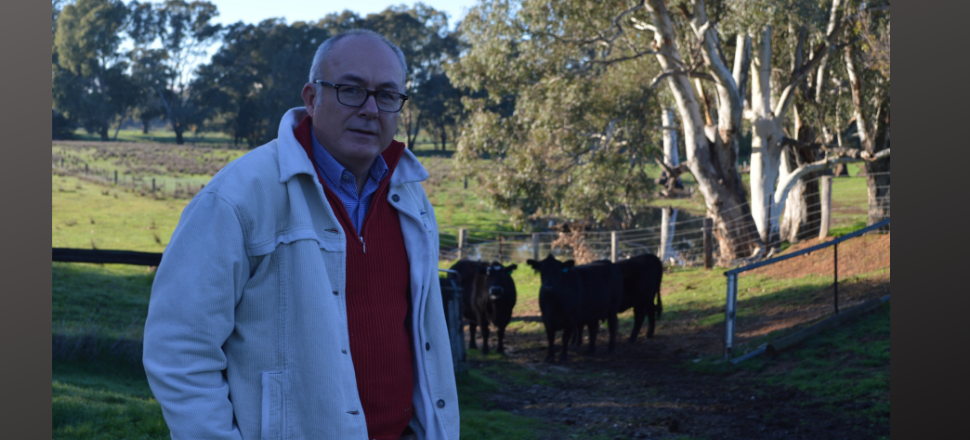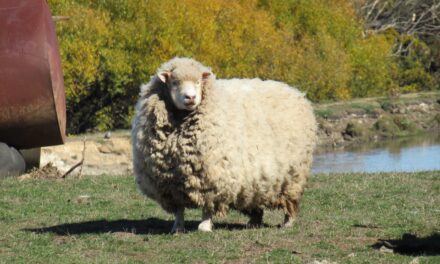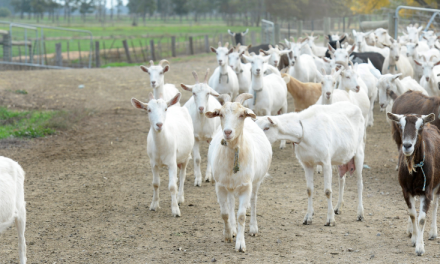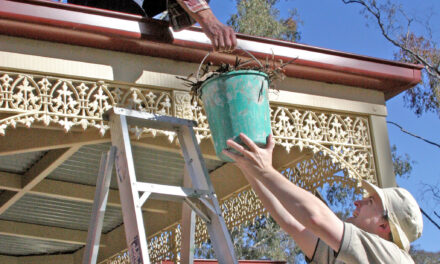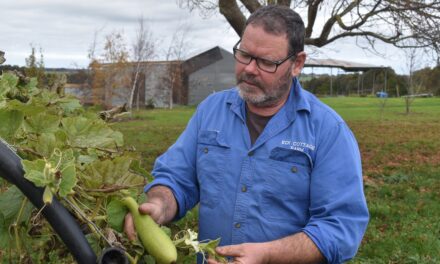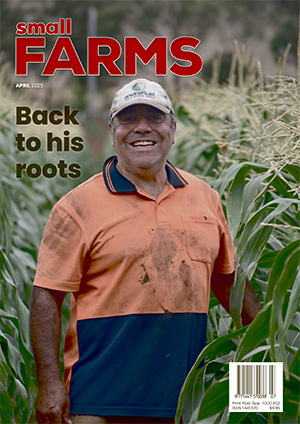Australian farmers might be enduring the worst drought in history but the Grassland Society of Southern Australia’s annual conference in Creswick will hear forecasts of a silver lining on the horizon.
Independent meat and livestock analyst Simon Quilty will tell the conference in July that beef prices are likely to hit record levels about two years after the drought breaks.
And he predicts southern Australia will emerge from drought this winter and northern Australia will have an extraordinary wet season starting later this year.
This spells good news for Australian producers on the top of the global ramifications of African swine fever driving up demand for Australian beef.
The Grassland Society of Southern Australia 60th anniversary conference will be held on July 17 and 18 at the RACV Goldfields Resort in Creswick with the theme ‘thriving pastures’.
Mr Quilty’s predictions at the 2017 Grassland Society conference of a super demand cycle proved to be accurate and he now says the next cattle price cycle “will start when it rains”.
“There are various views on the drought outlook and I’ve come up with my own analysis predicting southern Australia’s break will be this winter and northern Australia this coming wet season,” he said.
This will be good news for farmers, not only for pasture growth but for stock prices.
“Once that break occurs, within 24 to 28 months cattle prices will peak again and the next peak will be much higher. The last peak was $7.25 ac/kg in October 2016, this peak will be well above $8,” he said.
“Once we get back to a rebuilding phase, the prices here will come in line with global meat prices and then surpass them.
“At the same time stockers and breeders will become enthused about owning females, reversing a trend that has seen record numbers of females killed in recent months, which is an indicator that this might be our worst drought in history.”
Mr Quilty said the consequences of this would be felt for many years to come as the impact of the liquidation on herd rebuilding would be significant.
The lack of rain in NSW and parts of Queensland and Victoria has resulted in poor pasture growth, he added, but good rain in Victoria in May indicated long-term drought rainfall patterns had returned.
Mr Quilty said that African swine fever was causing an enormous liquidation of hogs in China that was driving protein prices globally.
“We’ve had demand for beef skyrocket this year. That void is being filled by beef out of Australia, New Zealand and South America, ” he said.
“Global beef prices had been going higher under the super demand cycle and that has been given an extra shot in the arm.”
During the conference speakers and researchers will provide an in-depth look at grassland soils and subsoils; constraints that are often overlooked; and how to plan pastures that are a resilient match for ever-increasing climate variability.
There will also be a panel discussion on managing risk in a changing climate and the program includes trade displays and a bus tour to visit a local property.
Bookings can be made with GSSA on 1300 137 550 or [email protected]

